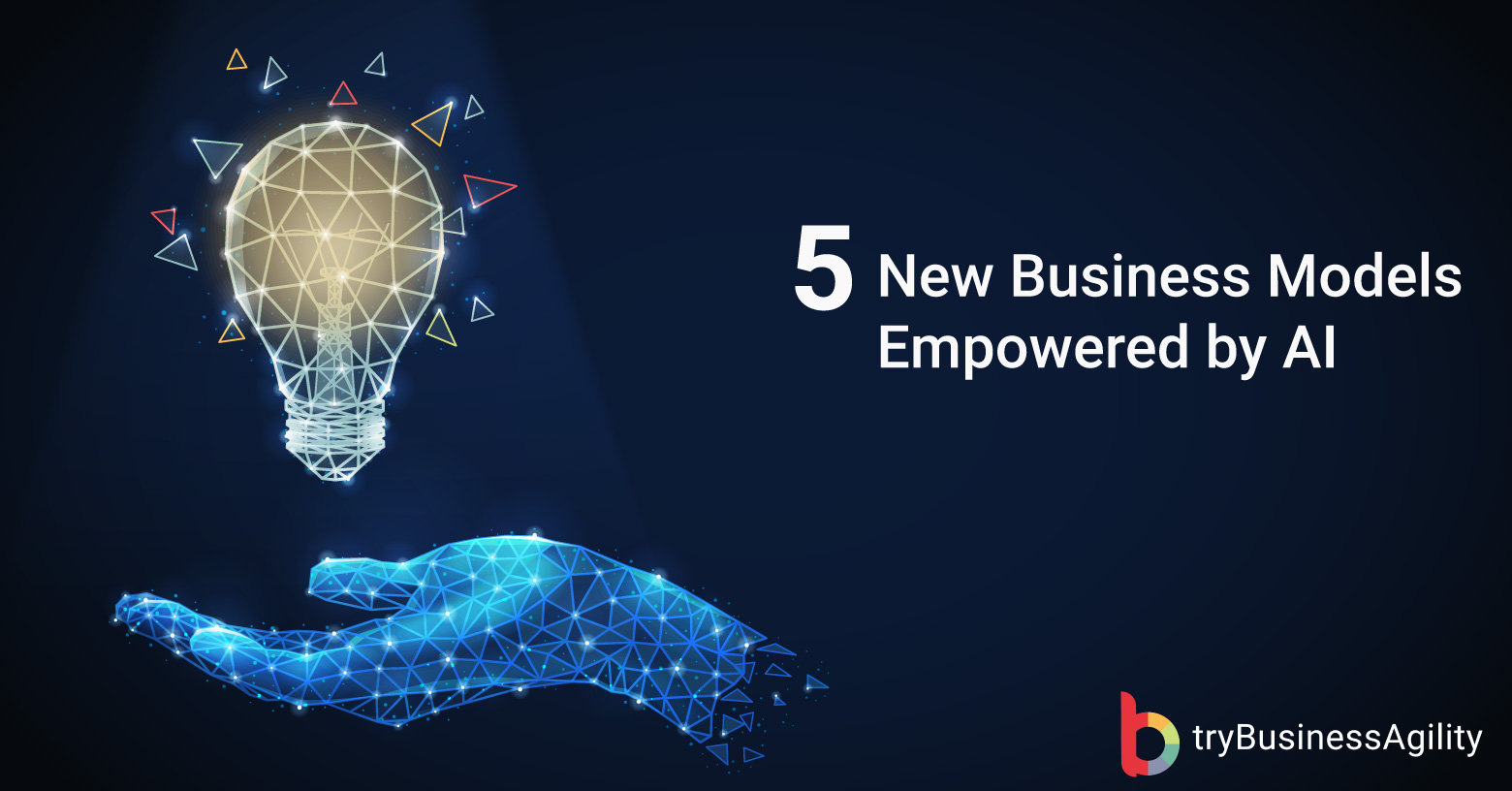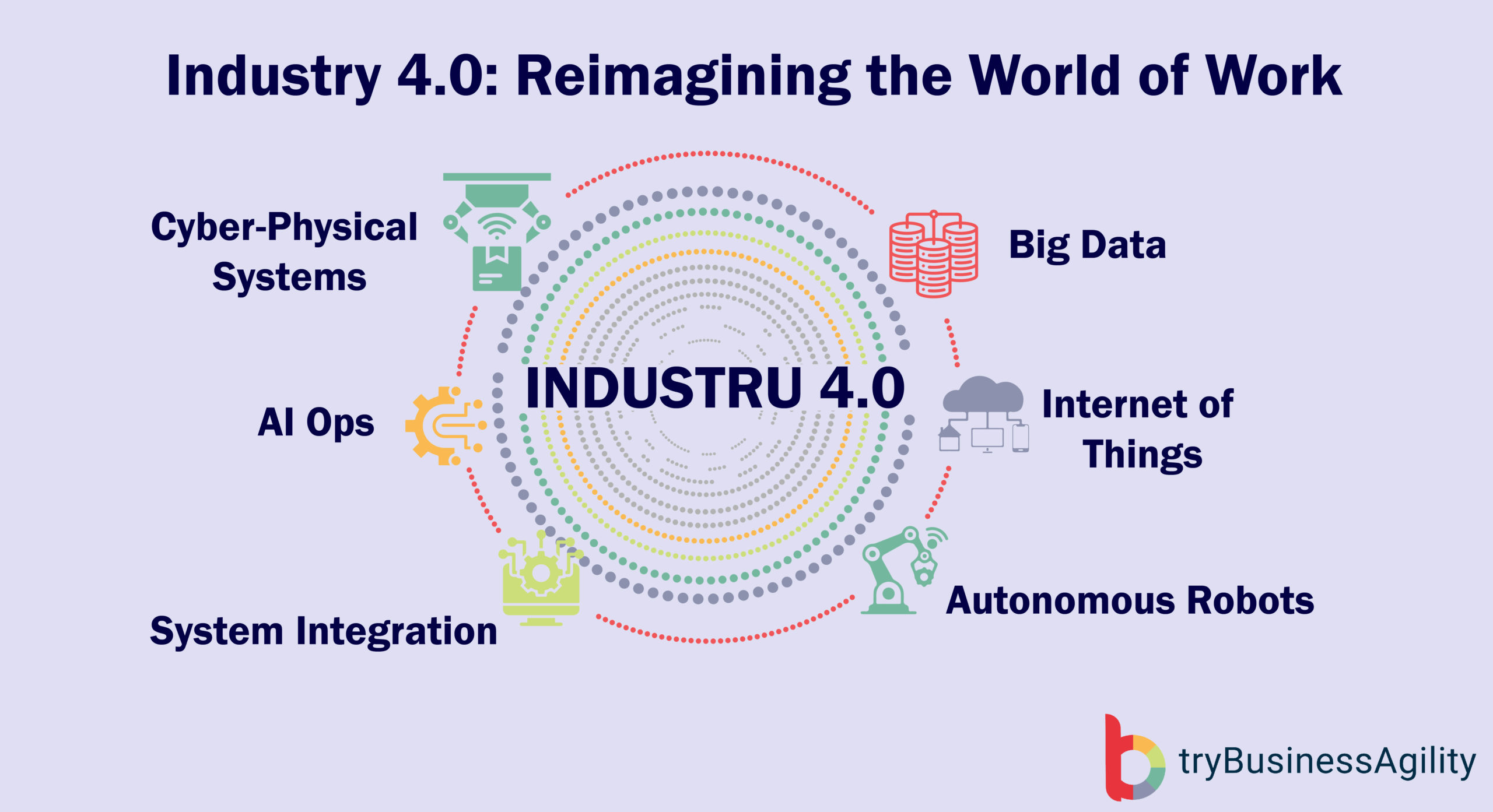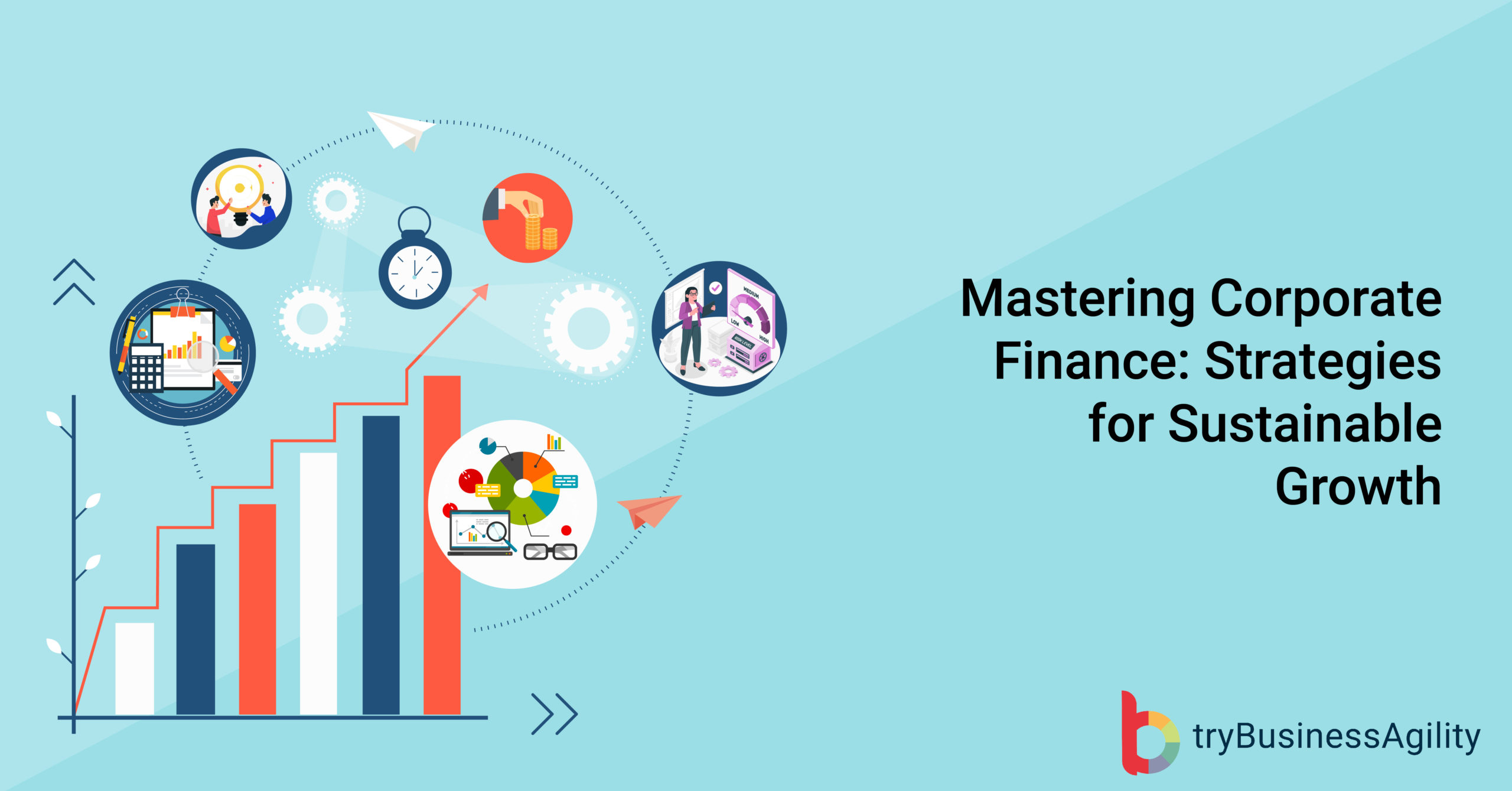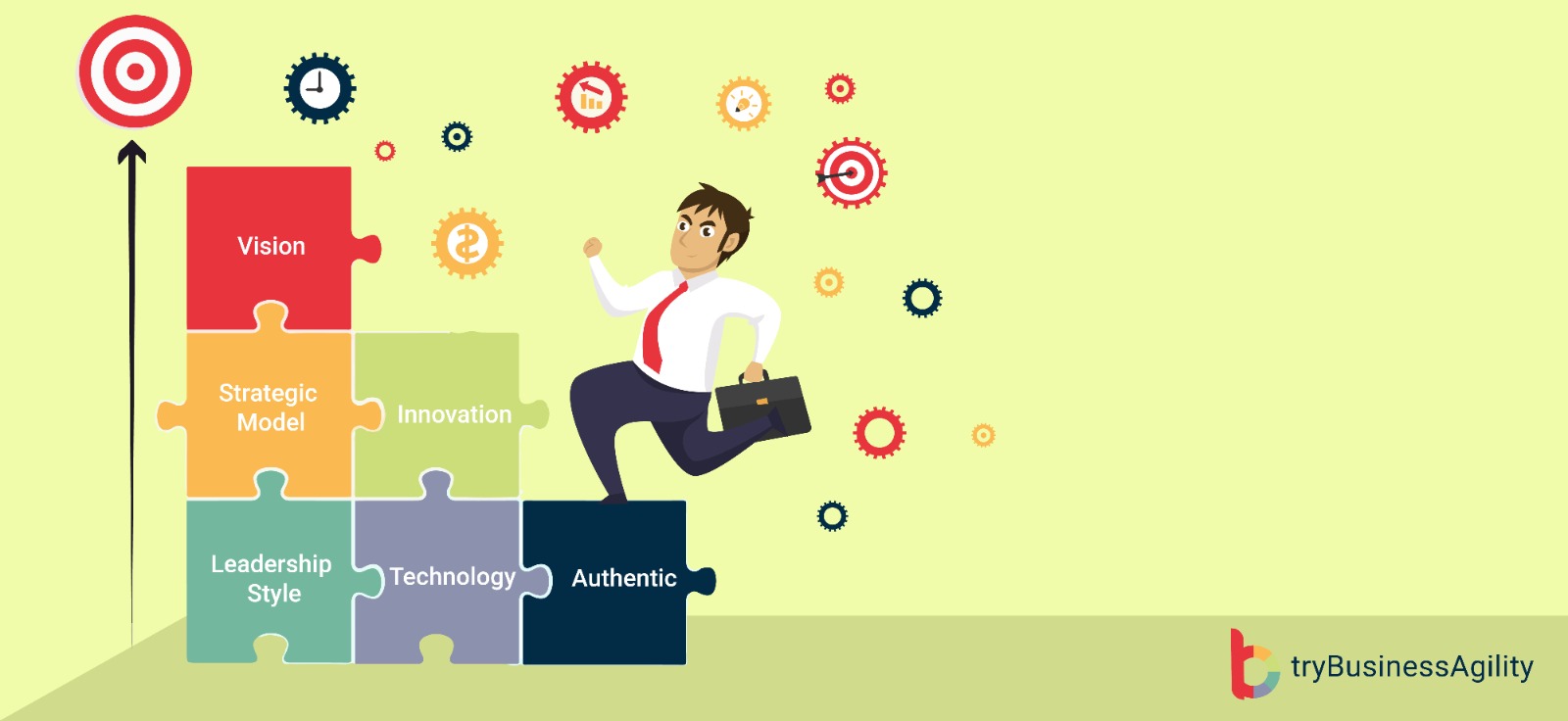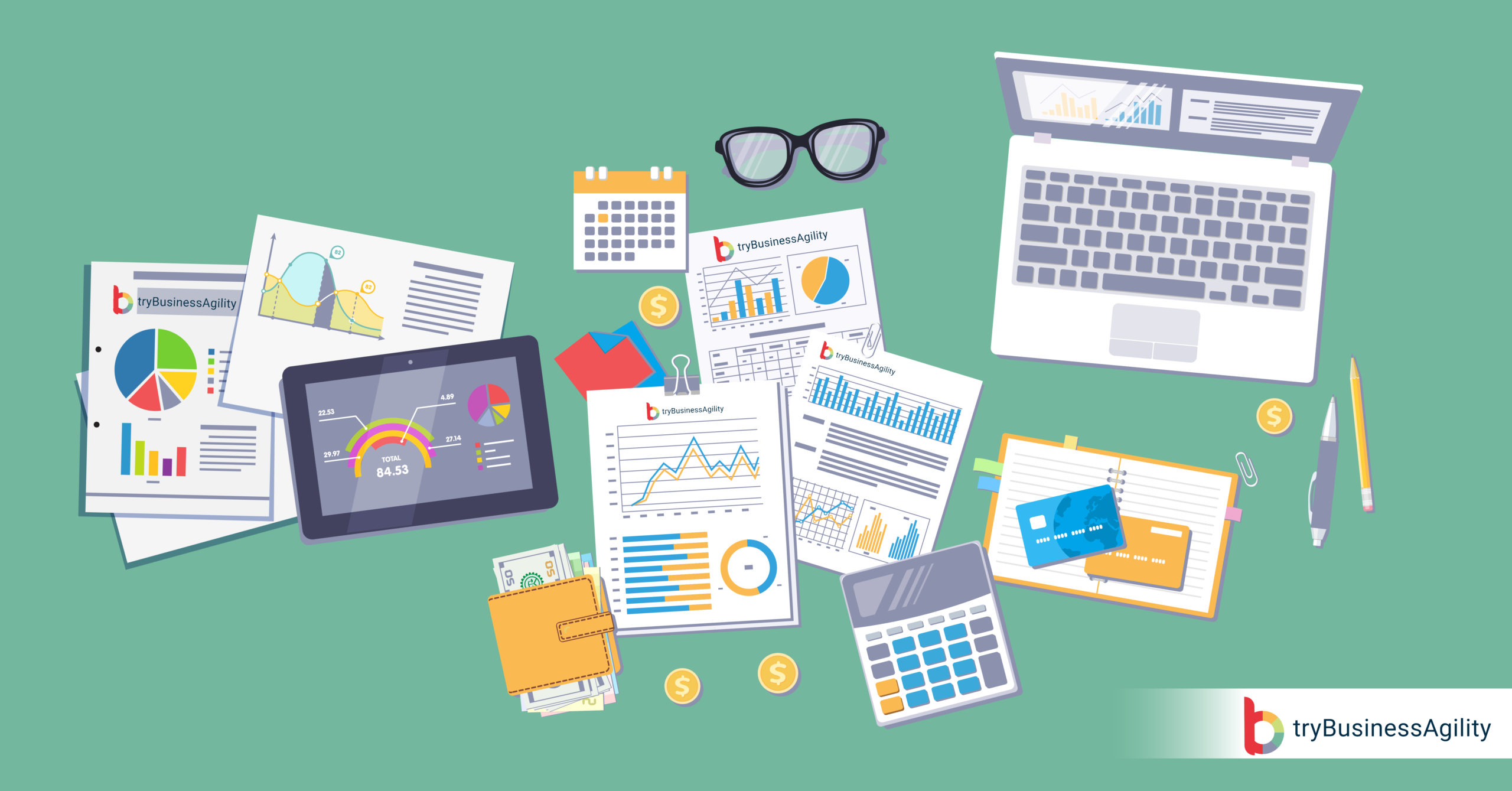Designing solutions that genuinely resonate with users in today’s fast-paced world is no longer
optional; it’s a necessity. HCD (Human-Centered Design) provides a strong framework for
ensuring our solutions are functional and meaningful. Based on what I have experienced and
learned from, below are six fundamental principles of HCD through my lens:
1. People First, Problem Next Approach
Empathy starts the design process. Usually, we are tempted to think first about the problem by
using tools and frameworks that dissect it. On the other hand, HCD flips this order around –
meaning that people affected by the issue should be given priority before delving into the
question itself. By knowing their wants, dreams, and frustrations, we move from creating
abstract ideas to creating experiences that deeply matter to them. Solutions derived from deep
human interactions often become possible and revolutionary.
2. Think about the Systems
There’s no issue in isolation; it is part of a broader ecosystem of interconnected problems and
players. When we apply systems thinking, we can see the bigger picture regarding our design
choices by knowing their ripple effects. We can create sustainable solutions that scale by
understanding how various components interact within a system. This principle applies
especially to Agile transformations and digital ecosystems where every decision affects the
whole.
3. Eliminate Bias through Real Human Testing
Even with good intentions, designs may fail due to biases that creep in – cultural, cognitive, or
personal. This calls for early and frequent involvement of real users throughout the design
process. Testing our ideas with different groups allows us to identify blind spots and iterate them
more effectively. Human testing is about validating and revealing insights guiding our designs
toward what users require and want most accurately.
4. Focus on the Ecosystem.
A great design does not just solve one problem, but it positively contributes to the whole
ecosystem in which it operates. Whatever we are designing – be it a product or a service,
whether it’s an app or a website- thinking about the bigger picture helps us make flexible
solutions that have an impact. For example, a product that seamlessly blends with existing
workflows or cultures would likely fare better than one that disrupts things without clear benefits.
5. Solve the Root Cause, Not the Symptom
One of the most common mistakes made in design is treating symptoms rather than causes.
Although quick fixes may offer immediate relief, they rarely lead to long-term success. By
digging deeper (for example, through 5 whys), one can comprehend what underlies the
situation: why did this issue occur? Thus, we can create ways out of them to fix immediate
problems and prevent future ones.
6. Stay Ethical
Designers have immense power over our behaviors and results. But this shouldn’t go
unchecked; with great power comes great responsibility! Designing ethically means displaying
personal integrity and being transparent and caring about user privacy and wellbeing while
asking ourselves hard questions like: Is what we are creating good for society? Are we
exploiting weaknesses? Henceforth, ethics should never be compromised in any design process
whatsoever!
Wrap Up
Human-centered design is not just a method but a way of thinking. We can design long-lasting
solutions by focusing on people, adopting a systems perspective, and upholding ethical codes.
In my work, these principles are my guiding light that leads to more than utility designs but
life-changing experiences. Which principles underpin your design journey? Join us so we can
discover what Human-Centered Design can do together.
About tryBusinessAgility
Our mission is to discover, preserve and distribute knowledge and capabilities to enable the next generation of organizations to be capable and resilient.
tryBusinessAgility, a flagship of tryScrum. Our mission is to discover, preserve and distribute knowledge and capabilities to enable the next generation of organisations to be capable and resilient.
Contact
Plot : 2, F1 - Studio, Nest Gaura, Sundaram Colony, Chennai - 600073
support@trybusinessagility.com
+91 9789490848
© 2025 Copyright trybusinessagility.com All Rights Reserved.


